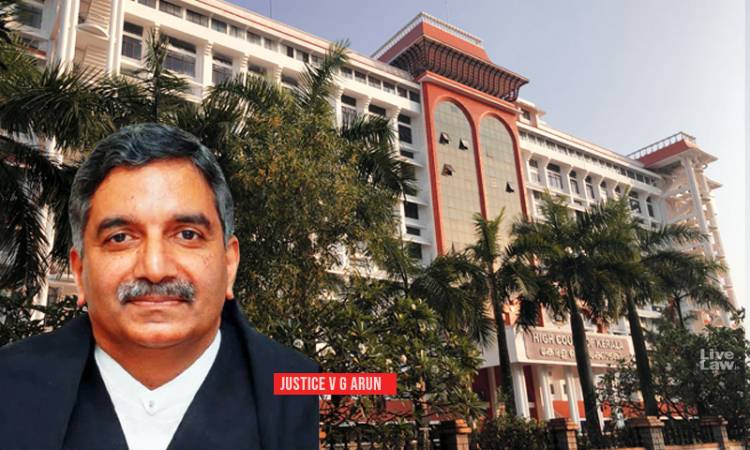CLAT Clearance Mandate For NTPC Law Officer Appointment Violative Of Article 16: Kerala High Court
Hannah M Varghese
16 Jun 2022 9:56 AM IST

Next Story
16 Jun 2022 9:56 AM IST
The Kerala High Court has held that the condition mandating applicants to clear CLAT for applying to the post of Assistant Law Officer in National Thermal Power Corporation Limited (NTPC) was violative of Article 16 of the Constitution of India.However, to avoid upsetting the entire selection process, Justice V.G. Arun directed the respondents to accept the petitioner's application and test...
